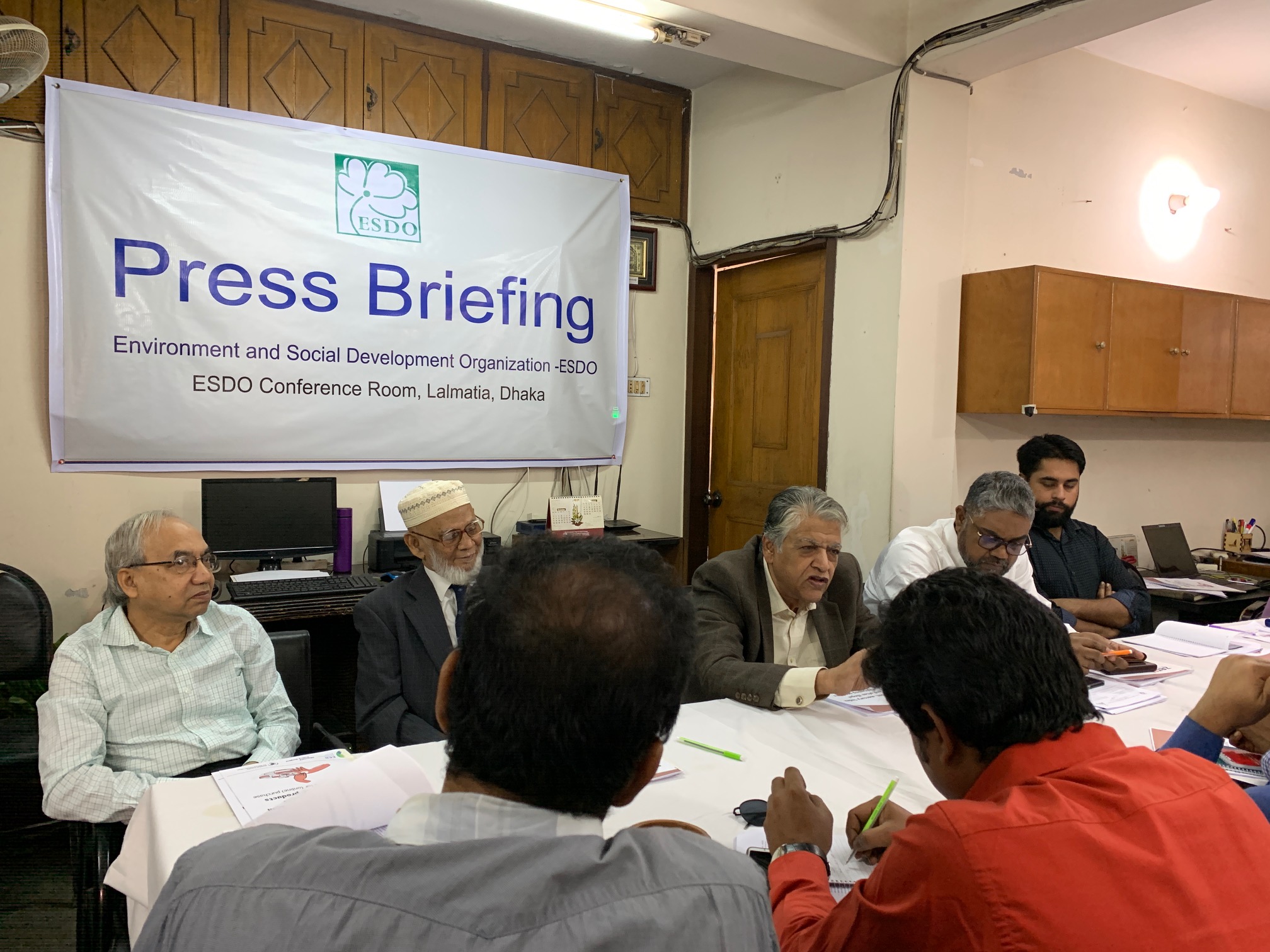“Online Selling of Illegal Mercury-laced Skin Lighteners”

Amazon, eBay among websites found selling illegal mercury-laced skin lighteners.
In Bangladesh, Daraz-a leading online shopping site is selling illegal mercury
containig (934.33-116600 ppm Hg) skin lightening creams
158 products tested in 12 countries: 60% contained too much mercury
Some products had tens of thousands of times more mercury than legal limit
International coalition of NGOs urge governments to end ‘toxic trade’
Skin lightening creams containing mercury – a heavy metal and dangerous neurotoxin –
are still widely available to purchase in shops and online, despite being banned by
governments. That’s the finding of new research by a global alliance of NGOs working
to eliminate mercury pollution.
Testing throughout 2019, revealed 95 of the 158 products purchased in the 12 sampling
countries exceeded the legal limit of 1 ppm (part per million), with mercury levels ranging
from 40 ppm to over 130,000 ppm.
More than two-thirds (65 of the 95) of those were bought online from such internet marketers
as Amazon, eBay, BidorBuy, Lazada, Daraz, Flipkart and Jumia[see table below] [1].
Yesterday (Thursday) 12 December, in a press briefing this information was disclosed at
Environment and Social Development Organization-ESDO Head Office, Lalmatia, Dhaka.
ESDO organized this press briefing.
Elena Lymberidi-Settimo Project Manager at theEuropean Environmental Bureau and
International Co-coordinator of the Zero Mercury Working Group (ZMWG) said:
“Mercury is a dangerous neurotoxin which must be effectively controlled. Internet retailers
like Amazon and eBay must stop these Illegal products from being sold on their sites, as
they have recently pledged to do in the EU.”
In 2018, leading online retailers signed a „Product Safety Pledge‟ to remove dangerous
products. [2]
Many of the same brands were found to contain high mercury levels on several consecutive
sampling occasions, in different years, and purchased from both physical shops and via ecommerce
platforms. Most were manufactured in Asia, especially in Pakistan (62%),
Thailand (19%) and China (13%), according to their packaging.
Products were tested in accredited laboratories in the EU and US and using a hand-held X-ray
fluorescence (XRF) spectrometer or analyzer by two regional hubs: CASE in Côte d‟Ivoire
(for Africa), and Ban Toxics in the Philippines (for Asia). The study did not test products
from Latin America. It tested in Africa, Asia, the EU and the USA.
2
Over 110 countries have committed to the Minamata Convention to phase out and limit mercury, including in cosmetics. A meeting for parties to that convention was held in Geneva from 25-29 November,2019[3]. Michael Bender, Mercury Policy Project Director and ZMWG co-coordinator said: “Despite these illegal high mercury products being essentially banned by governments around the globe, our testing result shows the same products continuing to be sold locally and on the internet. In particular, E-Commerce giants are not above the law and must be held accountable.” The Zero Mercury Working Group (ZMWG) is an international coalition of more than 110 public interest environmental and health non-governmental organizations from over 55 countries from around the world formed in 2005 by the European Environmental Bureau and the Mercury Policy Project. To address toxic trade in illegal products, the ZMWG has produced a report to assist authorities in effectively implementing the Minamata Convention. Key proposed enforcement measures include: new laws and regulations, alert systems, international and regional collaboration, inspections, penalties, engagement with online retailers and consumer outreach. The report also presents successful national examples and practices from 8 developing countries. [4] Dr. Shahriar Hossain from Environment and Social Development Organisation (ESDO) Bangladesh said:
“These hazardous and illegal products pose a serious mercury exposure risk, especially to repeat users and their children. We welcome the opportunity to work collaboratively with the authorities to stop the toxic trade in high mercury skin lightening creams.” Among others Dr. Prof. Abul Hashem, Former Chairperson and Professor-Department of Chemistry, Jahangirnagar University and Senior Technical Adviser, ESDO; Prof. Abu Jafar Mahmood, Former Professor-Department of Chemistry, University of Dhaka and Principle Technical Adviser-ESDO; Dr. Masud Iqbal Md. Shameem, PhD, Director-Department of Environment (DoE), Government of the People‟s Republic of Bangladesh, Dr. Greg Howard, Senior Research Fellow, ESDO and Siddika Sultana, Executive Director, ESDO were also present in the press briefing.


